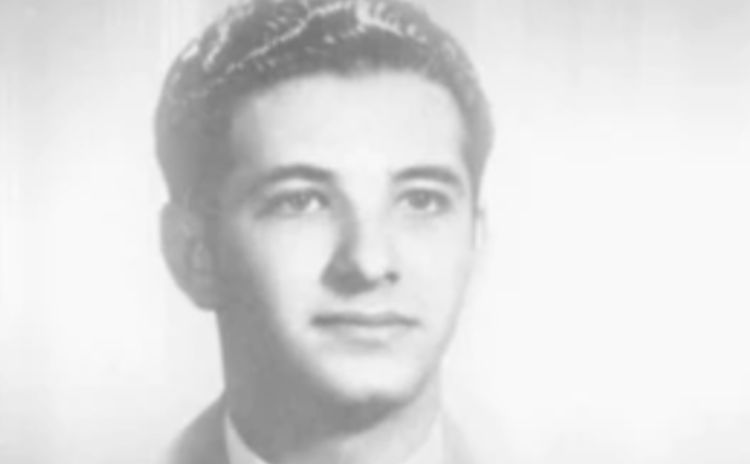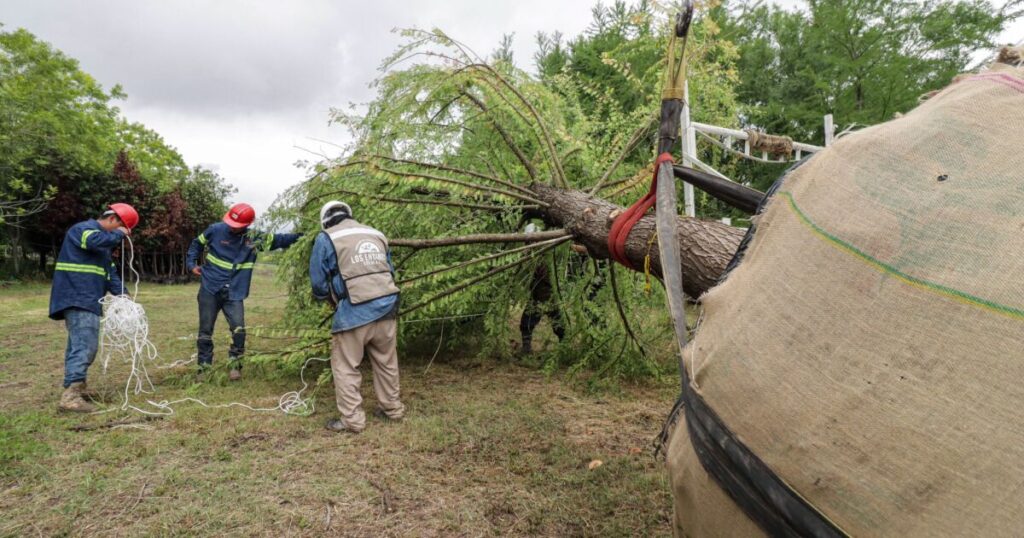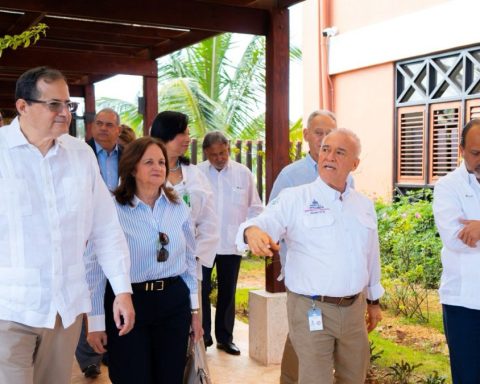MIAMI, United States.- Pedro Luis Boitel was born and died in May. He was born on the 13th of that month of the year 1931, it is said in Paris, although other sources affirm that he was in Jovellanos, province of Matanzas. He would also die on May 25, but in 1972, of hunger, in the infamous Castillo del Príncipe prison, in Havana, on the 53rd day of the strike that began in protest at the refusal of the communist authorities to release him when he served his sentence. .
Today marks the 50th anniversary of his death. We have been from mourning for him for half a century.
It was an unjust and inhumane sentence of 10 years in prison, managed, indirectly, by Fidel Castro himself, at whose side he fought against the dictatorship of Fulgencio Batista, only to be betrayed by the maximum scoundrel.
In prison they tortured him, harassed him, humiliated him, according to several fellow prisoners. What other treatment could a long-sighted, charismatic and brave being who was willing to contradict, oppose or overshadow the cowardly and Machiavellian tyrant receive in the commander’s Orwellian estate?
The history that Cubans must not forget
Pedro Luis had just turned 41, and he had a whole life ahead of him. He wanted to be faithful to his convictions, to his Catholic faith. In 1960, the students of the University of Havana had elected him president of the University Student Federation –the FEU– position from which Fidel himself dismissed him –naming the other candidate, Rolando Cubela– because Boitel was opposed to the intervention of the university by the regime and declared himself a staunch defender of academic freedom.
In 1961, after having founded the clandestine organization Movimiento de Recuperación Revolucionaria (MRR), he was arrested, accused of conspiring against the state, put on a revolutionary trial, and locked up in a dungeon. The rest is history that we Cubans must never forget.
With how many arbitrary years in prison?
Boitel was a planted prisoner, and a prisoner of conscience long before Amnesty International began in 1981 to denounce the human rights violations committed in Cuba, denunciations that are due almost entirely to the dedication of the great feminist and human rights activist Elena Mederos de González and the organization that, together with Frank Calzon, he founded in Washington, Of Human Rights.
Pedro Luis Boitel should have been released in 1971 after completing his 10-year sentence. Freedom? Freedom in an illegitimate and criminal state in which “outside the revolution, no right” was literally, in 1972 and until 1976, the law? I say “until 1976” because that year a new Constitution of the Republic would be adopted, echoing the demagogic “Words to Intellectuals”, pronounced by Fidel Castro on June 30, 1961 at the National Library. Article 62 of said Constitution –supreme law of the country– dictated the following:
“None of the freedoms recognized to citizens can be exercised against what established in the Constitution and the laws, nor against the existence and purposes of the State socialist, nor against the decision of the Cuban people to build socialism and communism. Violation of this principle is punishable”.
punishable? With how many arbitrary years in prison? What dignity, energy and superhuman convictions must a man or a woman have to face irreparable injustice with a hunger strike, the prelude to death?
The same could be said of Roberto López Chávez, who died at the age of twenty-five in the Isla de Pinos prison on December 11, 1966, during a hunger strike in which his jailers withdrew his water. From Carmelo Cuadra Hernández, who died in La Cabaña prison in April 1969, during a hunger strike to protest the mistreatment and torture he received for months, and without the benefit of medical care.
From Olegario Charlot Pileta, who died in the Boniato prison, Santiago de Cuba, in January 1973, on a hunger strike and without medical care. Of Enrique García Cuevas, who died during a hunger strike, without receiving medical care, in the Santa Clara provincial prison on June 24, 1973.
And the same can be said of Orlando Zapata Tamayo, who died on a hunger strike in protest against the abuse inflicted on other prisoners of conscience, in the Kilo 8 prison in Camagüey, on February 23, 2010.
A tombstone without a name, but never anonymous
Pedro Luis Boitel was buried by the satraps in an unmarked tomb. Not even his mother, Clara Abraham, was given his body or notified of his death. A tombstone without a name, but never anonymous. Let us continue thinking that Boitel has not died, that his name and memory live in us and in the collective conscience of his people.
One day a second statue will have to be erected on the steps of the University of Havana, close to the current one Alma matera more relevant and up-to-date statue – more urgent – than the original nurturing mother: one that pays homage to a university student from Cuba who defended her at all costs and who, at 41 years of age, gave his life for her:
Pedro Luis Boitel (1931-1972)
President of the FEU 1960
Planted and prisoner of conscience (1961-1972)
Died on hunger strike on May 25, 1972
for defending the autonomy of this venue
and academic freedom.
Pedro Luis Boitel: Present!
OPINION ARTICLE
The opinions expressed in this article are the sole responsibility of the issuer and do not necessarily represent the opinion of CubaNet.
Receive information from CubaNet on your cell phone through WhatsApp. Send us a message with the word “CUBA” on the phone +1 (786) 316-2072, You can also subscribe to our electronic newsletter by giving click here.
















